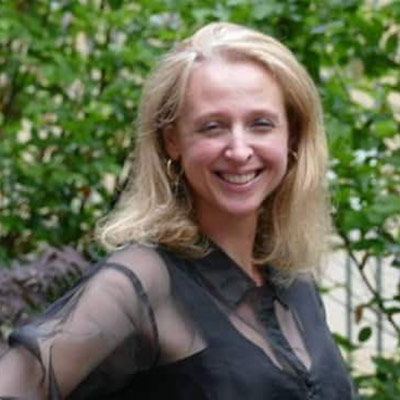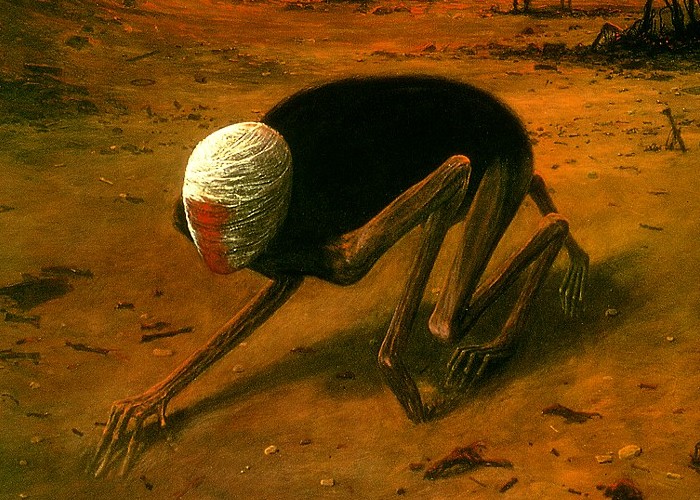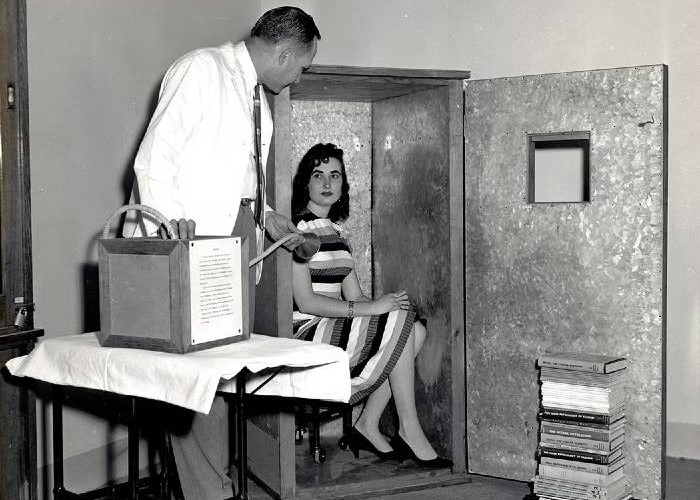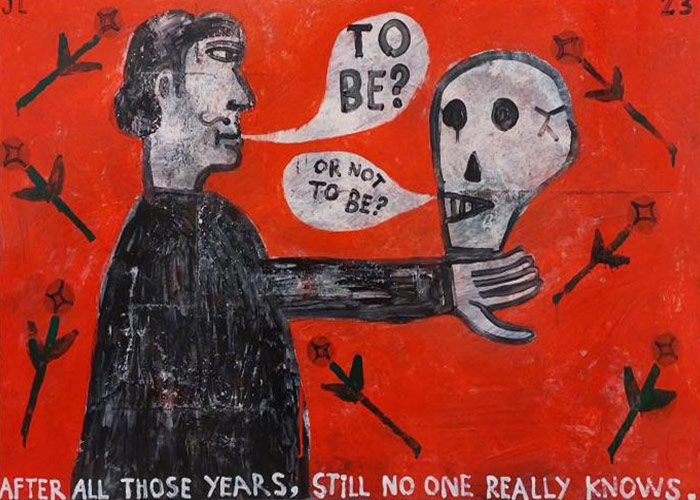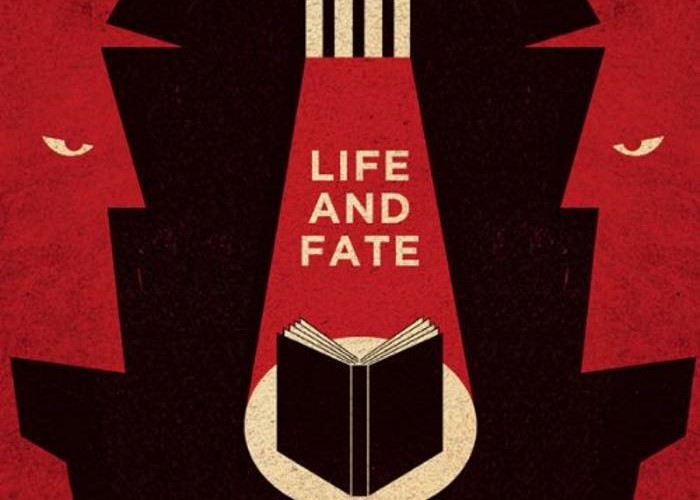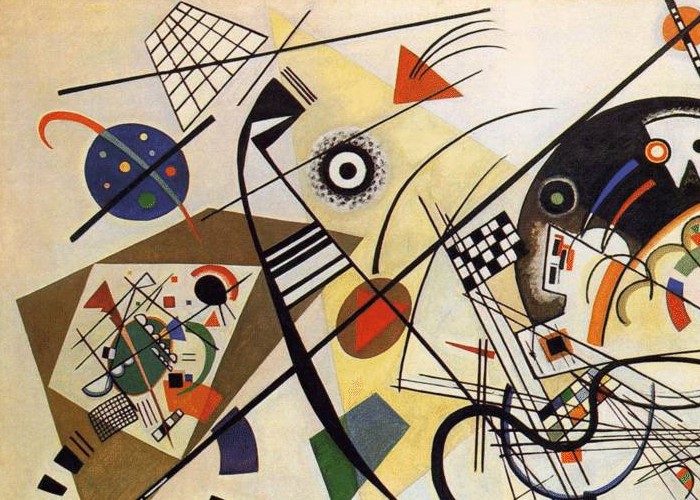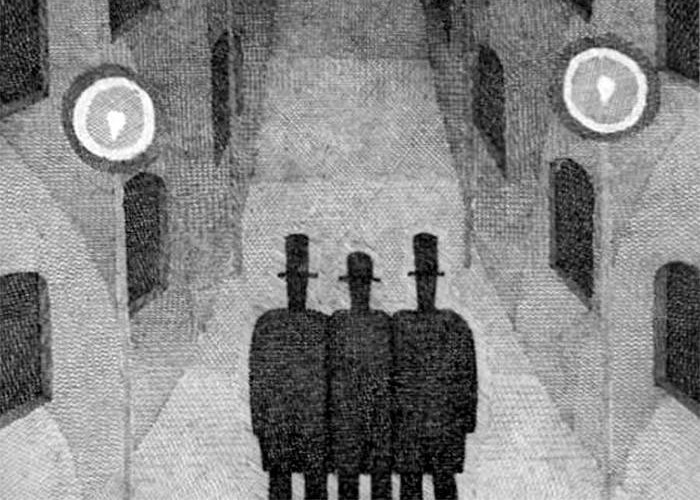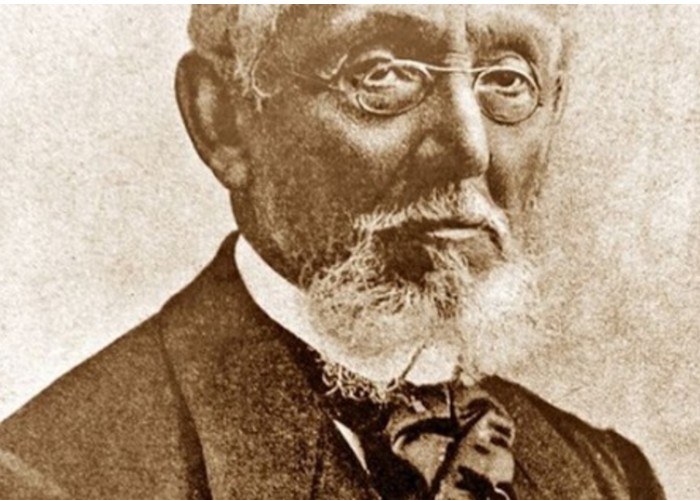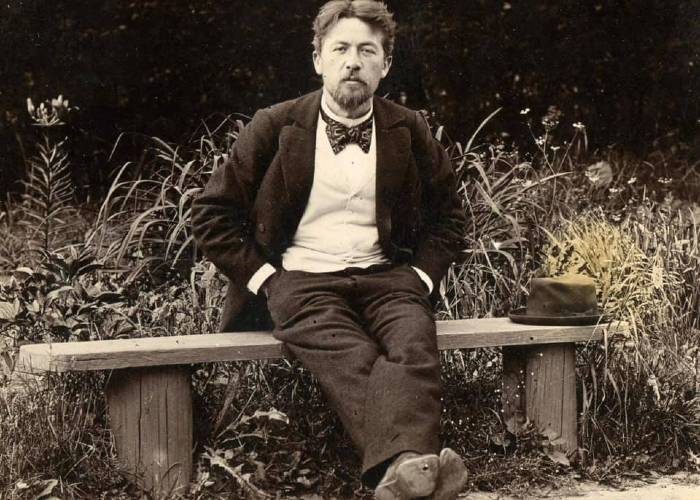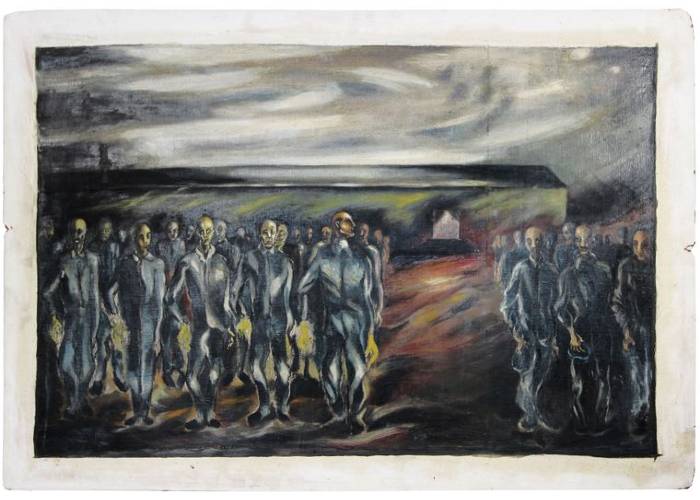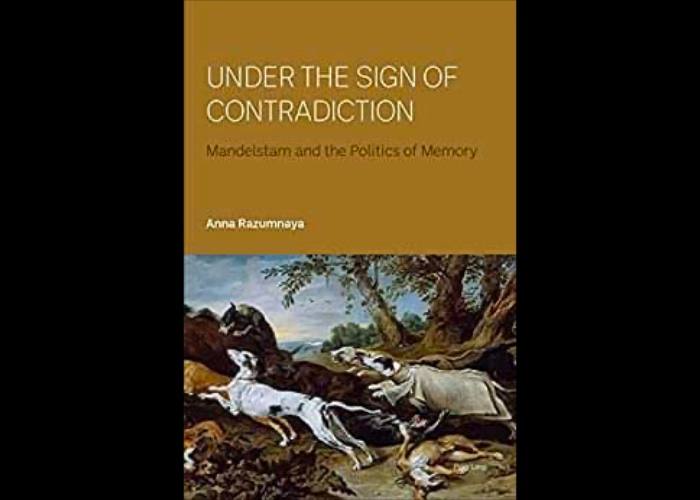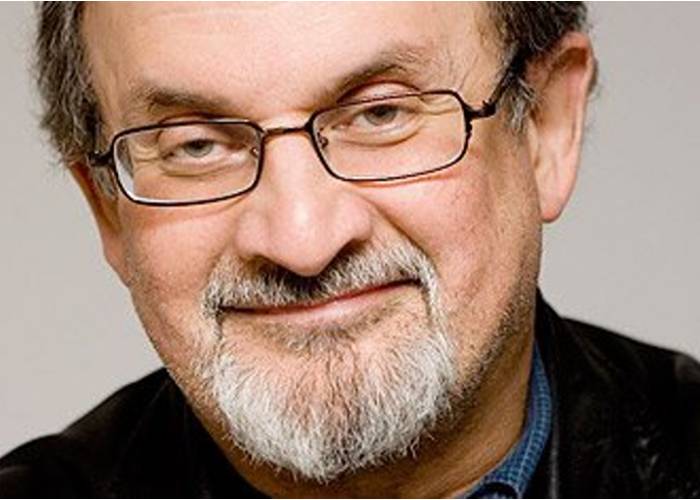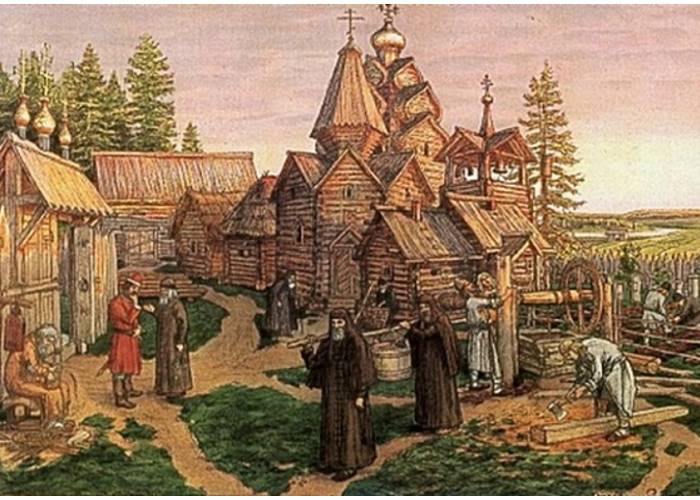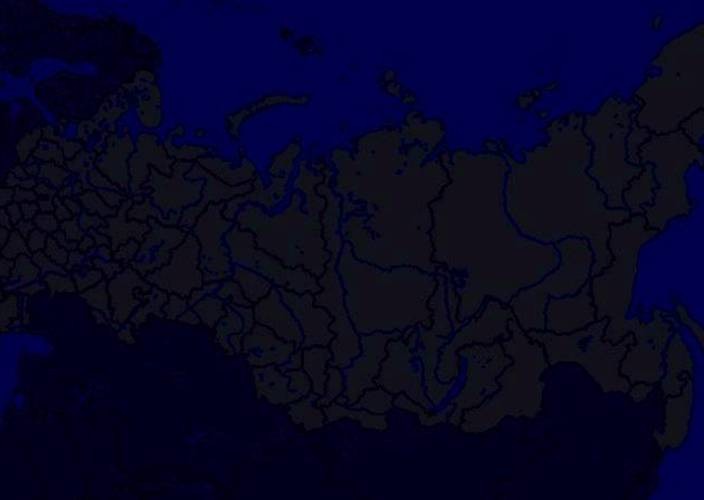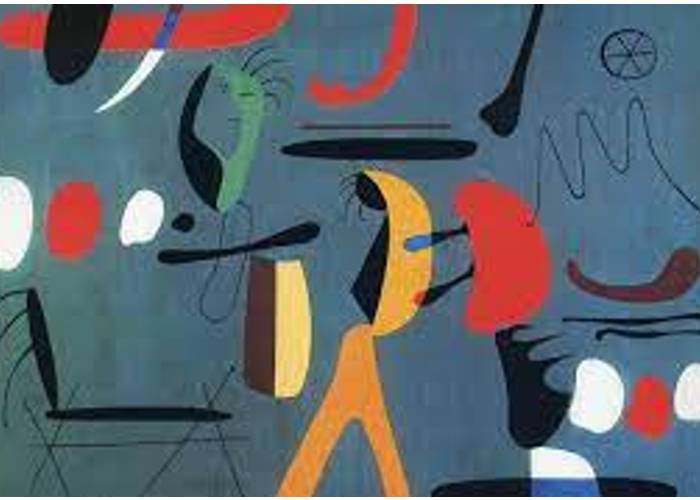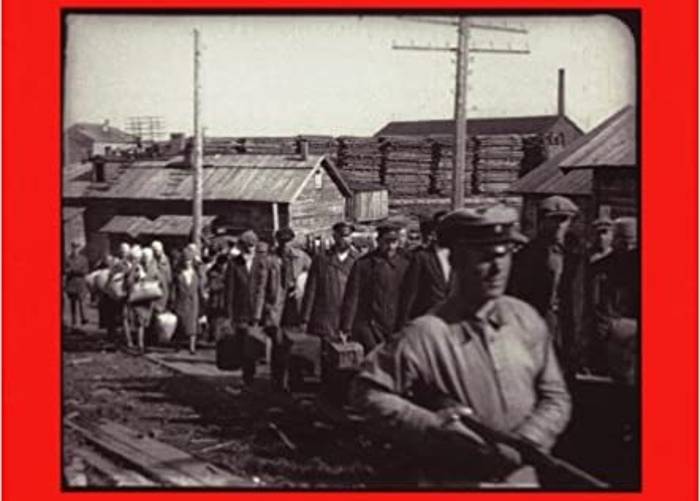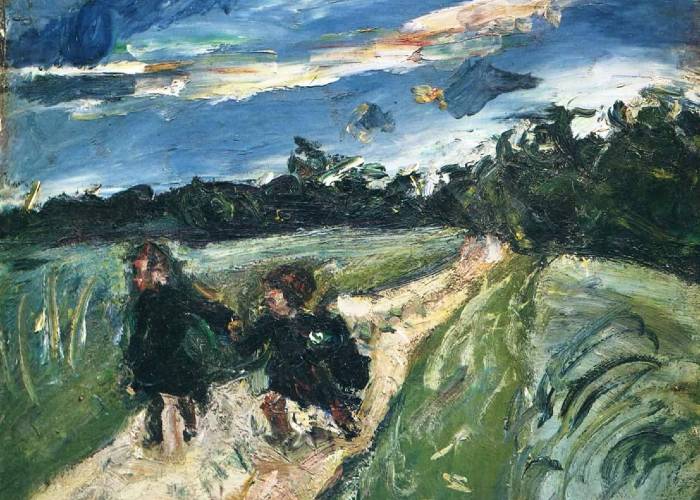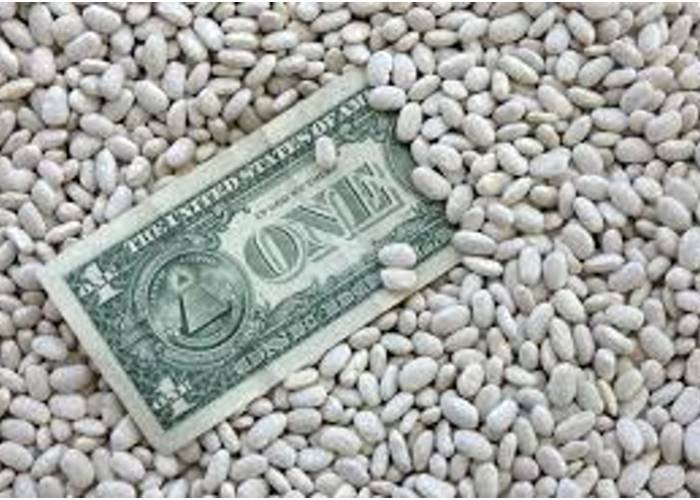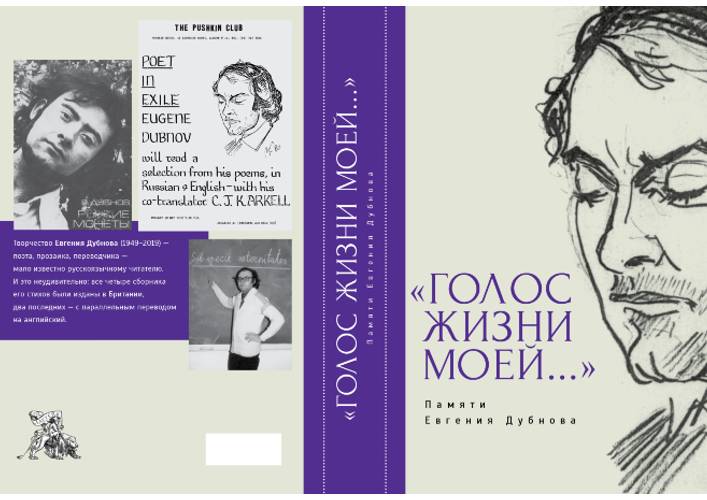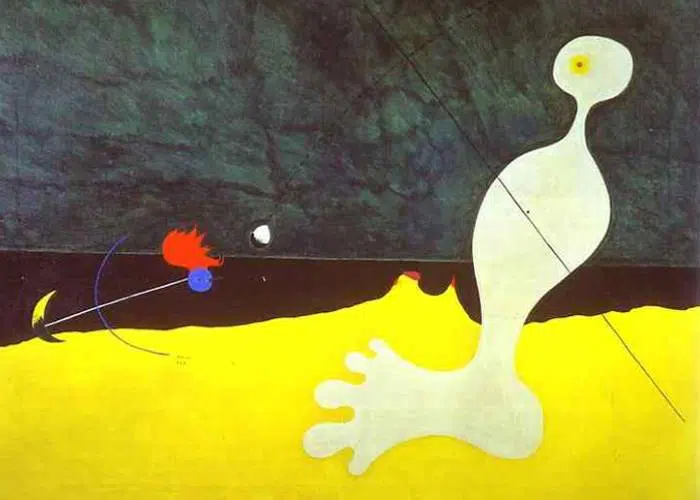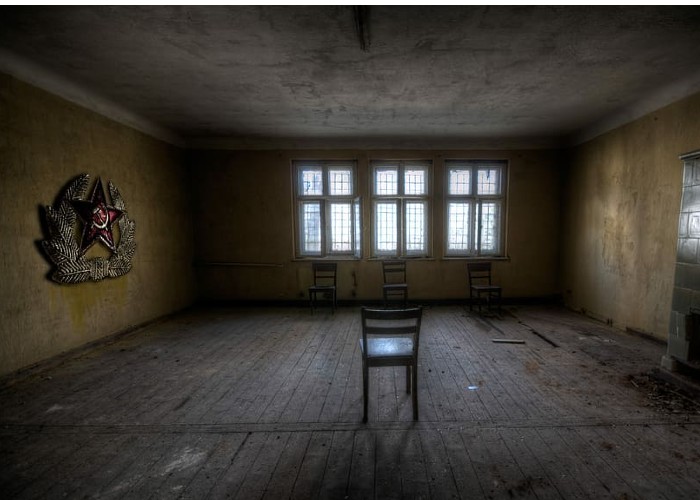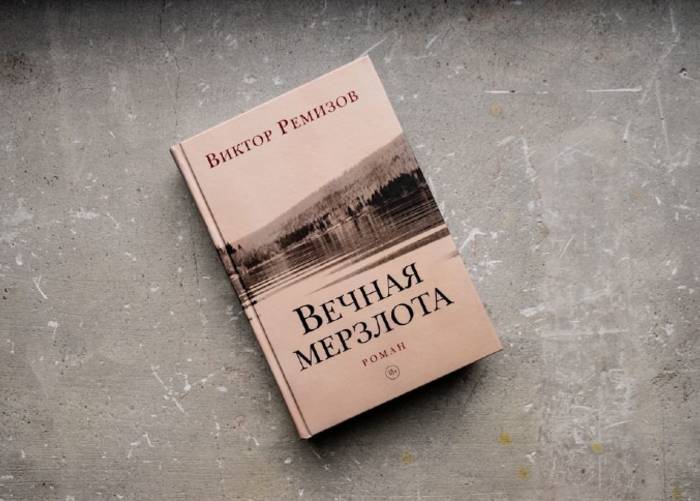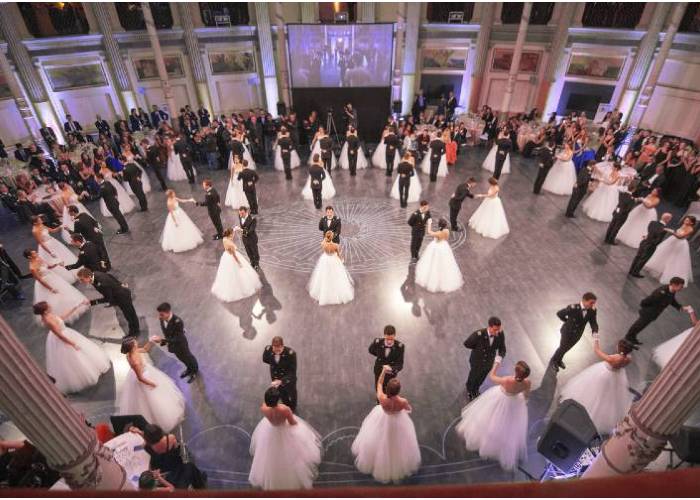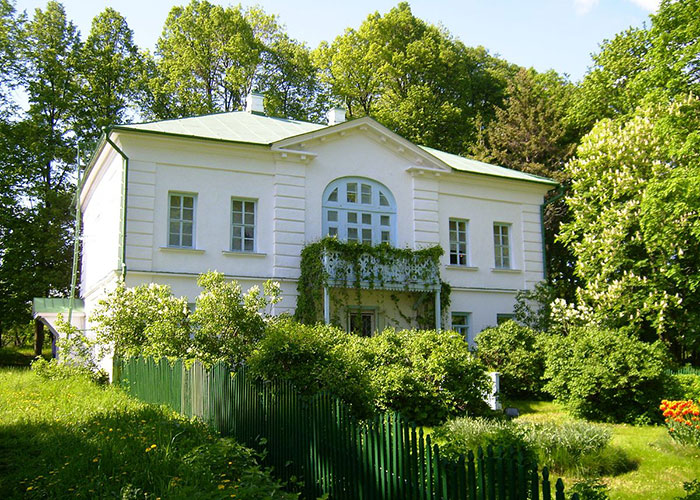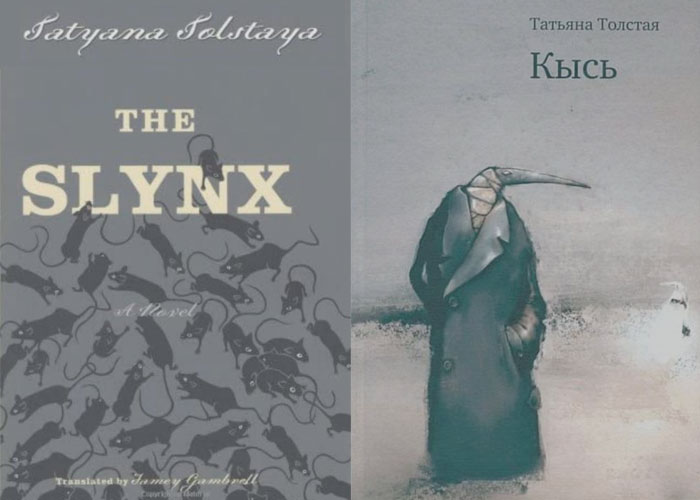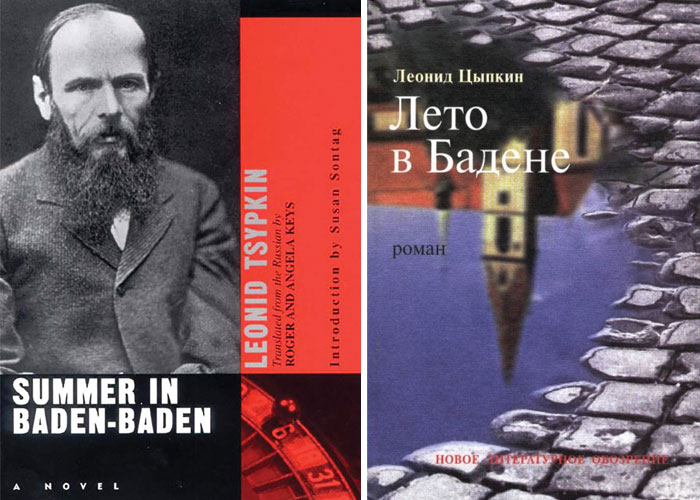Summer in Baden-Baden by Leonid Tsypkin
Translated from the Russian by Roger and Angela Keys
New Directions
146 pages, $34.99 cloth, ISBN: 0811214842
Leonid Tsypkin, the narrator, is on a train headed for Leningrad, nowadays known as St. Petersburg. In order to fact-check his book on Fyodor Dostoyevsky—the book is Summer in Baden-Baden—he aims to visit the various places where Dostoyevsky resided, from the time of his return from a Siberian prison, to his last years with his second, much younger wife, Anna Grigoryevna. Tsypkin’s journey, made through a sterile, wintery present-day Russia, is seamlessly conjoined with scenes from another journey: that of the newly-married Fyodor and Anna Grigoryevna, escaping Fyodor’s debt collectors by traveling to Western Europe in the spring of 1867. Autobiography, in the form of vignettes and recollections from Tsypkin’s life, is combined with biography—with every factual detail about the Dostoyevskys and the places they visit meticulously, or more accurately, “obsessively” researched and transformed—by virtue of Tsypkin’s remarkable vision, his piercing intellect and imagination—into a breathtaking, fictionalized narrative that is also a literary masterpiece.
Susan Sontag gives a thorough and thoroughly considered introduction to this novel by an unknown, previously unpublished Russian author. Her overview of Leonid Tsypkin’s life is fascinating in itself. She describes a narrow escape with his father and mother from Minsk just as the German army invaded in 1941, years spent as a doctor in a third-rate rural psychiatric hospital during Stalin’s anti-Semitic campaign (mainly for the sake of avoiding imprisonment), followed by professional success in the Moscow Institute for Poliomyelitis and Viral Encephalitis where he was member of the team that developed the Sabin polio vaccine in the Soviet Union. More accomplishments followed: Tsypkin received two doctorates, made valuable contributions to a variety of research projects, and from 1960 to the year of his death (he died from a heart attack on March 20, 1982, the day of his 56th birthday) he completed several literary projects in the form of short stories, two autobiographical novellas, The Bridge Across the Neroch and Norartakir, and finally, Summer in Baden-Baden.
Tsypkin’s life story ends on a sad note. As Sontag relates, in 1977 he was “demoted to junior researcher—the position of someone without an advanced degree (he had two) and his starting rank of more than twenty years earlier—and [had] his salary…cut by seventy-five percent,” as soon as, and because, his son Mikhail and daughter-in-law Elena emigrated to the United States. Tsypkin continued to go the Institute every day but was excluded from laboratory research. He applied twice for permission to emigrate for his wife and mother. The second failed attempt resulted in his dismissal from the Institute. But perhaps the more poignant fact is that as a writer Tsypkin labored in absolute obscurity. According to Mikhail Tsypkin, “He did not send his manuscripts to publishers, and did not want to circulate his prose in samizdat because he was afraid of problems with the KGB and of losing his job.” He was informed that Summer in Baden-Baden had been accepted for serialization in an American Russian-émigré weekly only five days before his death.
Why bother, one might ask, in a review of this length, writing such a lengthy description of an unknown writer’s life instead of discussing his book and its main subject, Dostoyevsky. First, because of the sheer magnitude of what is accomplished in this novel—by virtue of style and purview. Sontag writes: “What can one not find in this extraordinary mental adventure….[It] is a spirited and plangent account of…the whole arch of Russian literature.” This makes it incumbent on any reviewer to introduce the author. And second, precisely because Tsypkin’s life experiences as a Jew shaped his attitude towards Russia, its culture and ingrained prejudices, and both coloured and illuminated his understanding of Russia’s literary works and of the men and women who produced them.
A brilliant and erudite man himself, Tsypkin could not but admire—indeed, venerate—Russia’s giants of literature, at whose forefront stands the author of such books as Crime and Punishment, The Possessed, and The Brothers Karamazov. No doubt, Dostoyevsky’s romanticism resonated with his own sensibilities; Tsypkin’s prose, his poetic descriptions of characters, and mental states are even reminiscent of Dostoyevsky’s writing because he plucks at the same deeply-buried emotional strings. But it would be wrong to think that Tsypkin was motivated by simple devotion. What Sontag glosses over in her Introduction is Tsypkin’s ambivalence towards Dostoyevsky—the combination of awe and antipathy with which Tsypkin portrays him: a conjurer’s ability to bring to life complex, unforgettable characters, describe suffering, and define what it means to have a conscience. Tsypkin shows all this, but also Dostoyevsky’s vanity, sexual insecurity, paranoia and possessiveness, his myriad resentments born of the smallest slights, and his incapacitating timidity, for him a lifelong source of torment. Most importantly, and what I feel is key to understanding Summer in Baden-Baden and generally, Tsypkin’s depictions of Dostoyevsky, is an awareness—always in the foreground—of Dostoyevsky’s entrenched anti-Semitism.
“I leafed through . . .the penultime volume of Dostoyevsky’s works, containing the Diary of a Writer for 1877-1878 – and finally I stumbled on an article especially devoted to the Jews – ‘The Jewish Question’ it was called – and I should not have been surprised to discover it because he was bound after all somewhere or other to have gathered together in one place all those ‘Jews, Jewesses, Jew-boys and Yids’ with which he so liberally besprinkled the pages of his novels – now as the poseur Lyamshin squealing with terror in The Possessed, now as the arrogant and at the same time cowardly Isaiah Fomich in Memoirs from the House of the Dead who did not scruple to lend money at enormous interest to his fellow-convicts…but most often he would depict them…as not fully portrayed but simply mentioned as little Jews or some other term implying the lowest and basest qualities of the human character…and it struck me as being strange to the point of implausibility that a man so sensitive in his novels to the sufferings of others… should not have come up with even a single word in the defence or justification of a people persecuted over several thousands of years….”
Tsypkin names the many Russian Jewish literary critics who “have gained what amounts almost to a monopoly in the study of Dostoyevsky’s literary heritage” and offers invaluable insight: “. . .there’s something unnatural and at first glance, even enigmatic in the passionate and almost reverential way in which they dissected and to this day continue to analyze the diaries, notebooks, rough drafts, letters and even pettiest biographical details of this man who despised and hated their race – perhaps it was a kind of cannibalistic act performed on the leader of an enemy tribe….” Reading this we’re inclined to wonder what motivated Tsypkin to spend three years researching and writing a book about Dostoyevsky. Couldn’t his efforts also be construed as “unnatural”? The answer is to be found throughout the book. Tsypkin viewed Dostoyevsky as immensely gifted. The heroes and villains of Dostoyevsky’s books weave in and out of Tsypkin’s narrative as if they were real—living proof of his genius. And yet, Tsypkin took it upon himself to turn the table on the man who wrote so unflatteringly about his fellow Jews.
Summer in Baden-Baden must be seen for what it is—a brilliant and stunning act of subversion, a coup against Dostoyevsky, and the larger ambient aspects of Russian culture with its tradition of anti-Semitism and persecution. Dostoyevsky becomes a character in Tsypkin’s book, endowed with many of the same ugly mannerisms Dostoyevsky attributed to the Jewish denizens of his novels. Tsypkin makes him unattractive from almost every angle. He allows Dostoyevsky to love his wife, but even this redeeming quality is attenuated by repeated displays of selfishness, and an irresponsible obsession with gambling. And finally, Tsypkin turns him into his own grotesque creation: “…he walked to the big looking-glass…to straighten his appearance, but instead of himself in the mirror, he saw the puny figure of Isaiah Fomich, without any clothes on and with the breast of a chicken – and he recoiled, and, Isaiah Fomich recoiled, too – and he started to bombard Isaiah Fomich with the sandwiches he had stuffed in his pockets at the station where he had shouted about the short-changed franc with the piercing scream of a money-lender.”
